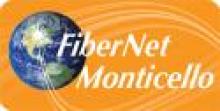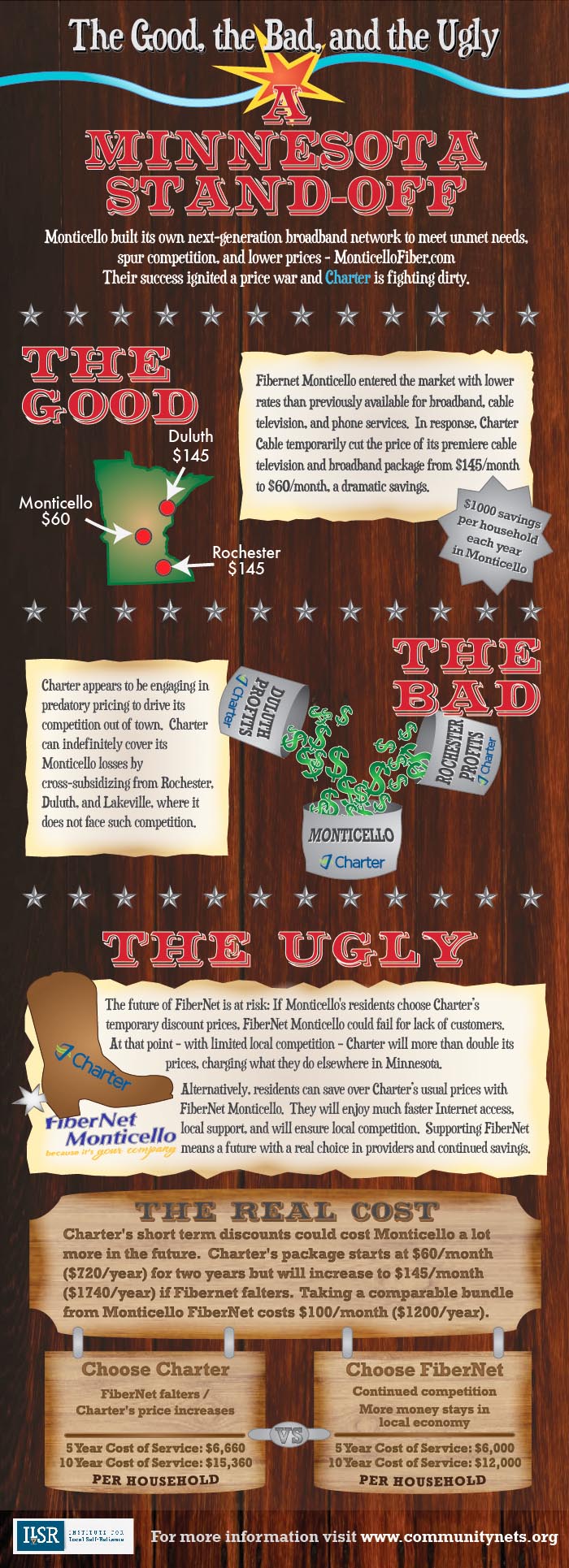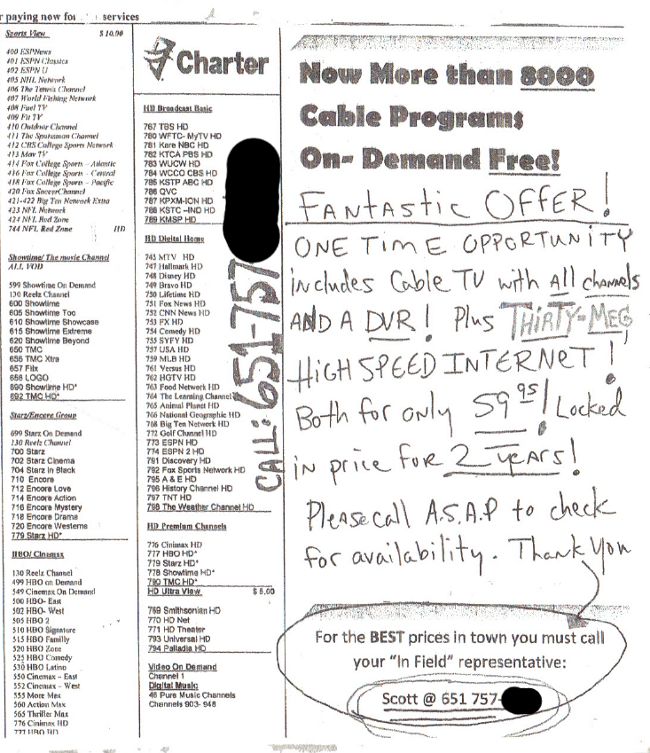New Free Press Infographic: Stop the Corporate Cyclops From Gobbling Up Local Media
When we think of the enormous cyclops we don't usually imagine him in a suit and tie but the Free Press does and it works. In their recent Media Giants infographic, the Free Press uses the hulking one-eyed beast to represent corporate behemoths slowly taking control of our media through smaller shell companies.
As media power is consolidated, every one else's voices fade. We all become like the one-eyed cyclops: seeing things through his limited vision. The Free Press sums it up like this:
Media companies are using shady tactics to dodge the Federal Communications Commission’s ownership rules and snap up local TV stations across the U.S.
Gannett, Nexstar, Sinclair and Tribune are on major buying sprees. To grow their empires, these corporations are using shell companies to evade federal caps on how many stations one company can own. And so far the FCC has done nothing to stop this trend.
In some communities, one company owns two, three and even four local TV stations — and airs the same news programming on all of these outlets. The result: An echo chamber where all the news looks and sounds the same.
Take action now through the Free Press' campaign or contact your elected officials directly.




 Download a
Download a  This is either predatory pricing or the cable industry is out of control with its rate increases. If that package costs Charter more than $60/month to supply, then it is engaging in predatory pricing to drive competitors out of the market. Consider that Charter may be taking a loss of $20/month ($240/year) from each household that takes this offer.
This is either predatory pricing or the cable industry is out of control with its rate increases. If that package costs Charter more than $60/month to supply, then it is engaging in predatory pricing to drive competitors out of the market. Consider that Charter may be taking a loss of $20/month ($240/year) from each household that takes this offer.